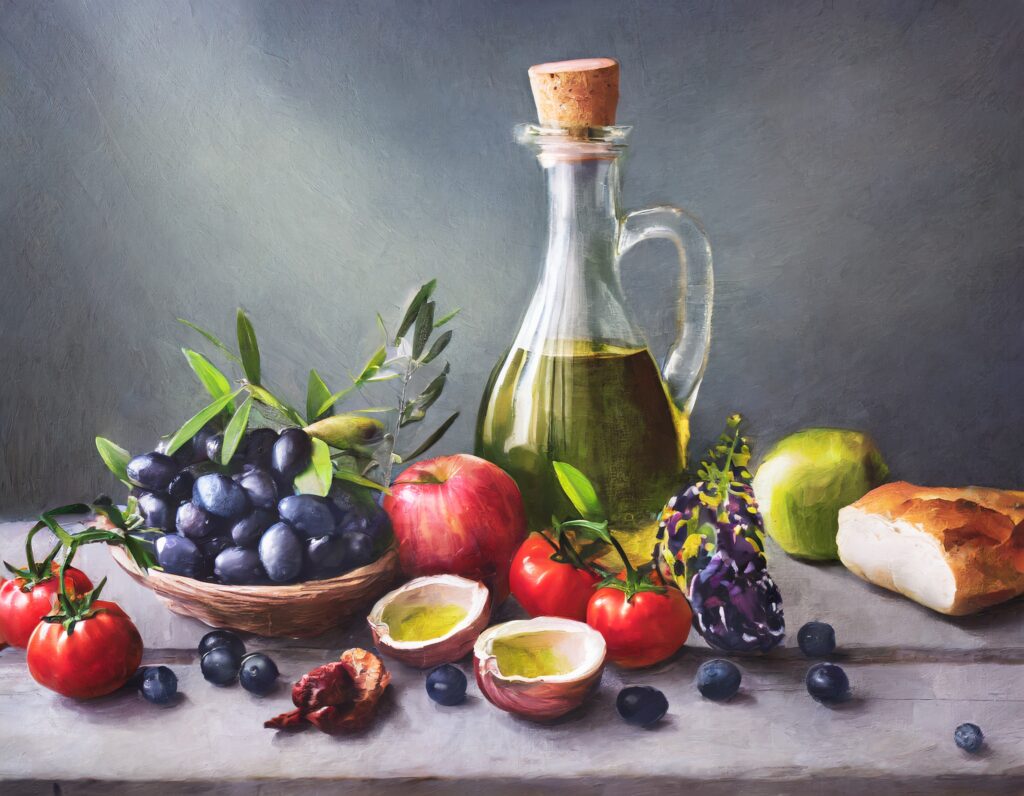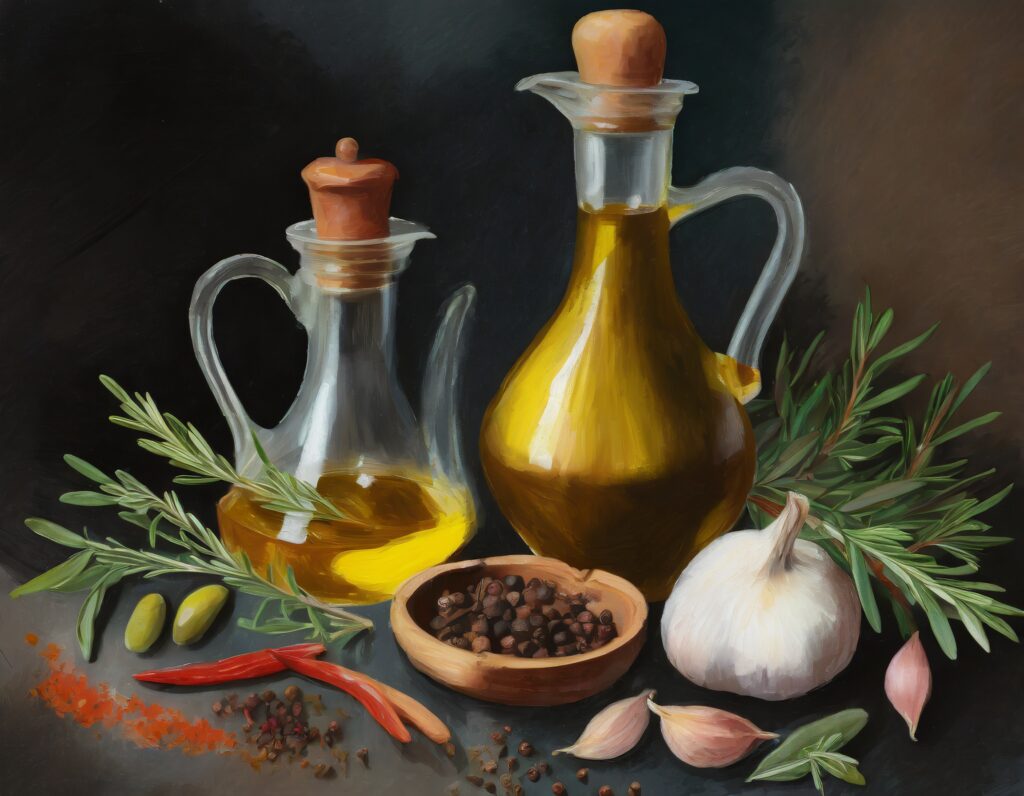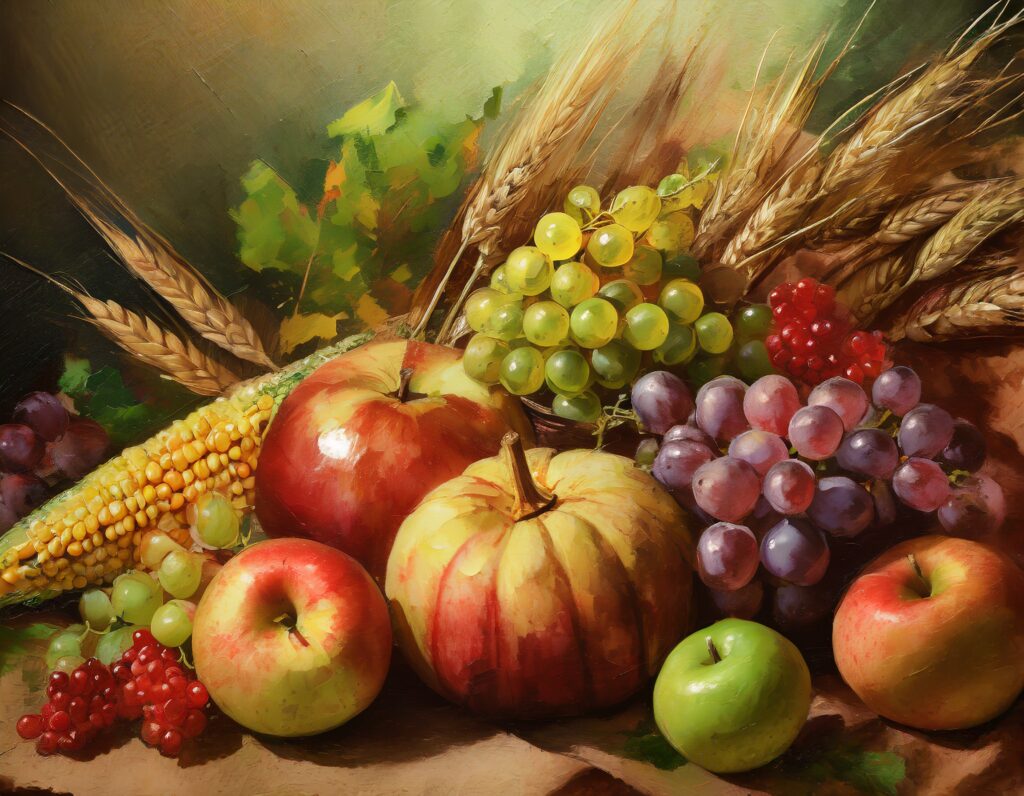In the final 2023 post, we reflect on Science and Wine’s year, marked by a rich tapestry of topics and international contributions. From the wound healing properties of olive oil to the challenges in food literacy, each month provided diverse insights. Notably, authors from various countries, beyond Paula Silva’s expertise, have enriched the blog from a global perspective. This year’s journey through viticulture, nutrition, and health underlines the blog’s commitment to broadening its understanding and fostering an inclusive scientific dialogue.
January 2023
In January 2023, the “Science & Wine” blog featured insightful posts on various topics. Bruna Romana-Souza detailed the wound-healing properties of extra virgin olive oil. Andrea Casson and Riccardo Guidetti explored the need for standardized Life Cycle Assessment methodologies in the wine industry. Bruno Bizzozero-Peroni and colleagues presented research on the positive impact of the Mediterranean diet on physical fitness. Javier Tello and Javier Ibáñez discussed how association mapping is revolutionizing grapevine genetics, specifically in adapting to climate change. Each post provides a unique blend of science and wine, offering valuable insights into their respective fields.

February 2023
In February, the “Science & Wine” blog explored diverse topics in viticulture and winemaking. Antoine Doncieux analyzed the decline in grape variety diversity in Gaillac, France. Fabio Mencarelli highlighted the need for scientific knowledge in winemaking practices. Nikolai Siimes examined the reception of nanotechnology in New Zealand’s viticulture. Lastly, Eduardo Moralejo and Àlex Giménez-Romero discussed the risks of Pierce’s disease in grapevines, caused by Xylella fastidiosa, including its spread due to climate change and globalization.
March 2023
In March, the “Science & Wine” blog featured diverse topics. Naveed Ahmad’s post examined the effect of climate on the thermal stability of extra virgin olive oil from different regions. Another study investigated the influence of mannoproteins from various yeasts on the color and pigment composition of red wine, highlighting the potential of non-Saccharomyces yeasts. Beatriz T. Martins, M. Rosário Bronze, and M. Rita Ventura discussed the synthesis and health benefits of phenolic compounds in virgin olive oil. Finally, Pietro Previtali and Christopher Ford analyzed techniques to delay grape ripening, offering insights into vineyard practices.
April 2023
In April, the “Science & Wine” blog featured posts on viticultural practices and climate change adaptation. One study examined how different viticultural practices affect the chemical composition of Danish Solaris grapes and wines, using proton NMR spectroscopy. Another post focused on Tuscan wine-producing agritourism owners, discussing their perceptions and adaptations to climate change and highlighting the changes in weather patterns and strategies employed in vineyards and cellars. Both posts emphasize the importance of adapting practices in response to environmental factors.

May 2023
In May, the “Science & Wine” blog featured posts on innovative winemaking and olive oil production. One study explored the use of S. cerevisiae var. boulardii for making both alcoholic and non-alcoholic rosé wines, focusing on its probiotic benefits. Another post announced the 3rd Science & Wine World Congress, focusing on sustainable practices in wine production and food systems. Additionally, a study evaluated the use of allochthonous olive varieties and super-high-density planting systems in Italy, assessing their impact on olive oil quality.
June 2023
In June, the “Science & Wine” blog explored natural wines and their sustainability in wine production. One study examined natural wines, their chemical and sensory properties, and the challenges in defining and authenticating them. Another post summarized the 3rd Science & Wine World Congress, focusing on sustainability in wine and food systems, addressing topics such as climate change, sustainable agriculture, and viticulture adaptation strategies.
July 2023
In July, the “Science & Wine” blog covered diverse topics: the influence of forests and wasps on vineyard yeast populations, the genetic link between ancient and modern winegrape varieties, the Mediterranean diet’s role in reducing breast cancer risk, and a DNA-based analysis system for wine traceability. These studies have highlighted the interplay between nature and wine production, historical insights into viticulture, health benefits of dietary patterns, and advancements in wine authentication technologies.
August 2023
In August, the “Science & Wine” blog covered topics such as food and nutrition literacy, branding in wineries, nutritional benefits of tomatoes, and community revitalization through Projeto Capella. Paula Silva highlighted the gap between nutrition research and practical applications. Another study examines the role of innovative brand communication in winery tourism. A review discussed tomato health benefits and the impact of Projeto Capella on local communities through sustainable food systems.

September 2023
In September, Science and Wine featured articles on responsible alcohol consumption, promoting organic farming, and nutrition literacy among adolescents. The first emphasized educating various age groups on alcohol’s dangers and effects using methods such as digital campaigns and art competitions. The second discusses the TANQUE project’s focus on organic farming and social agriculture to address the negative impacts of industrial agriculture. The last article highlighted a study on Turkish adolescents that linked higher nutrition literacy to better diet adherence and healthier lifestyles, although not to body measurements.
October 2023
In October, Science & Wine explored topics such as using wine industry waste in ceramics, the impact of global warming on grape phenolics, the health effects of Mediterranean diet liquids studied using zebrafish, and insights from a congress on lifestyle, diet, and health. These studies varied from practical applications of wine waste to examining the broad effects of lifestyle choices on health, reflecting a diverse range of interests in the fields of environmental sustainability, health science, and agriculture.
November 2023
In November, Science and Wine published articles covering various topics. These include a study on enhancing wine production using different yeast strains with red grape and blueberry mixtures, an exploration of the challenges in nutrition and food literacy and their impact on health, research on the relationship between Mediterranean diet adherence and glycemic control in children and adolescents with type 1 diabetes, and a study linking high consumption of extra virgin olive oil to a lower prevalence of non-alcoholic fatty liver disease, especially in obese individuals.
December 2023
In December, Science & Wine published articles on wine conservation, Mediterranean culinary traditions, and wine aroma kinetics. One study focused on the role of the glass-cork interface in wine aging, emphasizing its impact on oxygen transfer and quality preservation. Another study explored the cultural and culinary aspects of the Mediterranean diet during Christmas and highlighted its importance in social and cultural contexts. Finally, we examined how temperature influences aroma formation in wine, offering insight into the prediction of the aromatic profile of wine over time.
As 2023 concludes, Science and Wine’s impressive statistics – 24,696 views and 17,332 visitors, predominantly from the USA, Portugal, Italy, Spain, and the UK – highlight the global interest in scientific data related to the Mediterranean diet and wine. This underscores the importance of sharing scientific findings in these areas. The diversity of international views also reinforces the need to disseminate accurate research-based information on these subjects, contributing to a broader understanding of their health implications and cultural significance globally.
In 2024, Science & Wine aims to further enrich its platform by promoting a range of engaging activities. We plan to host thematic workshops that delve into the nuances of the Mediterranean diet and wine, and partake in local food and wine festivals to connect with broader audiences. Collaborating with academic institutions for joint research and hosting community-oriented educational programs are also on our agenda. These initiatives are designed not only to enhance the blog’s content but also to foster a community of enthusiasts and supporters who share our passion for the science and culture of wine and food.

